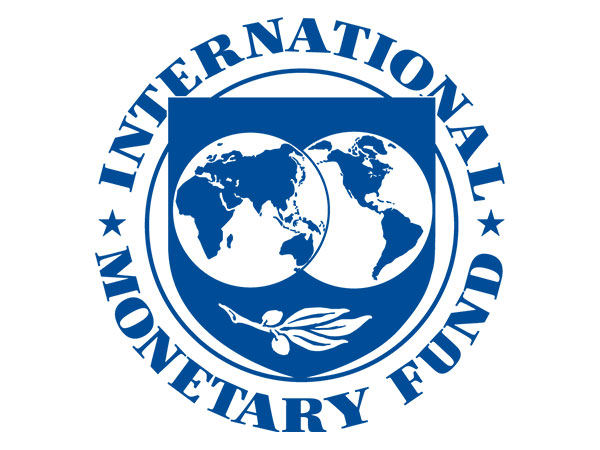Pakistan Faces Economic Strain as IMF Deal Assumptions Unravel
Pakistan's $7 billion IMF deal falls into disarray due to missed key economic targets. With assumptions on growth, inflation, and manufacturing proving incorrect, Pakistan faces pressing challenges. The IMF pressures a rupee devaluation, and additional taxes further burden economic growth, prompting calls for a deal renegotiation.

- Country:
- Pakistan
In a startling turn of events, critical assumptions underpinning Pakistan's $7 billion agreement with the International Monetary Fund (IMF) have unraveled within a month of its approval. As reported by the Express Tribune, authorities are now confronted with a daunting choice: renegotiate the package or continue imposing more taxes that threaten to suffocate the economy.
The Express Tribune highlights that, from an expected nearly Pakistani Rs13 trillion tax target, based on economic growth, inflation, large-scale manufacturing, and imports, three out of the four have faltered by the first fiscal quarter's close. Pakistan's government, overreaching in its commitments, now faces difficulty in achieving provincial objectives, with almost every target missed, from Federal Board of Revenue's collection to provincial cash surpluses.
Deputy Prime Minister Ishaq Dar publicly criticized the IMF's push for a market-driven exchange rate, arguing the rupee is already under-valued by 16 per cent. Mounting pressures to devalue add to the contentious implementation challenges for the IMF package, signaling a potential derailment, exacerbated by faster than predicted inflation slowdowns and tax collection shortfalls.
(With inputs from agencies.)










